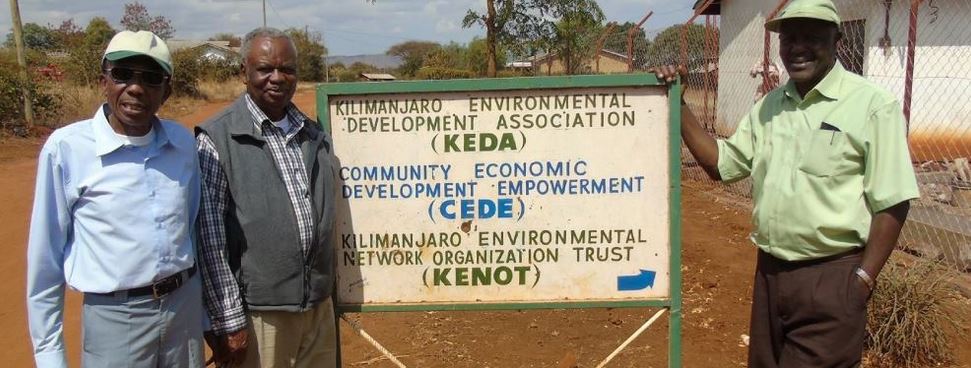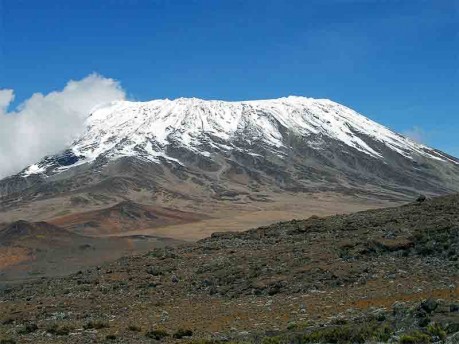CEDE in the Kilimanjaro Region in Tanzania – Environmental Protection and Social Development
By Denise Nanni
and Milena Rampoldi, ProMosaik. In the following our interview with Shirima of KEDE/CEDE,
supporting communities in the Kilimanjaro region in Tanzania. The organization
combines environmental protection and social development.

What are the
main social and economic issues in the region of Kilimanjaro?
social and economic issues within the region include less land per house hold
due to land fragmentation. In Kilimanjaro region land tenure system is
traditional known as ‘’Kihamba’’ where by the father of the family is to divide
the land he owns among his sons.
What are the
activities that CEDE carries on?
CEDE activities are mainly focused on empowering vulnerable members
within the community specifically aged, sick, widows, widowers and orphans.
These people are empowered economically by educating them on basic principles
of entrepreneurship, and on how to engage themselves on small scale project
generating activities such as organic farming, bee keeping etc.
How would you
define your approach?
Our approach may be defined as grass root approach based on personal
initiative and individual involvement approach.
How do you
involve women in your projects?
Women are involved in our projects from the initial stage of project
identification to project evaluation i.e. all stages of project cycle.
How do you
promote community empowerment?
By meeting with the target groups and discuss issues related to their
constraints, challenges facing them and how to overcome them with list cost
initiatives (value of money).
Do you
cooperate with local authorities and institutions? If yes, how?
Communication with others is inevitable, as the communities are under
their local authorities, likewise other institutions in order to avoid
unnecessary replication of activities.
When introducing yourself to the community you have to know the
institutions working with them and the authorities within the community in
order for us not to violate the existing policies.



